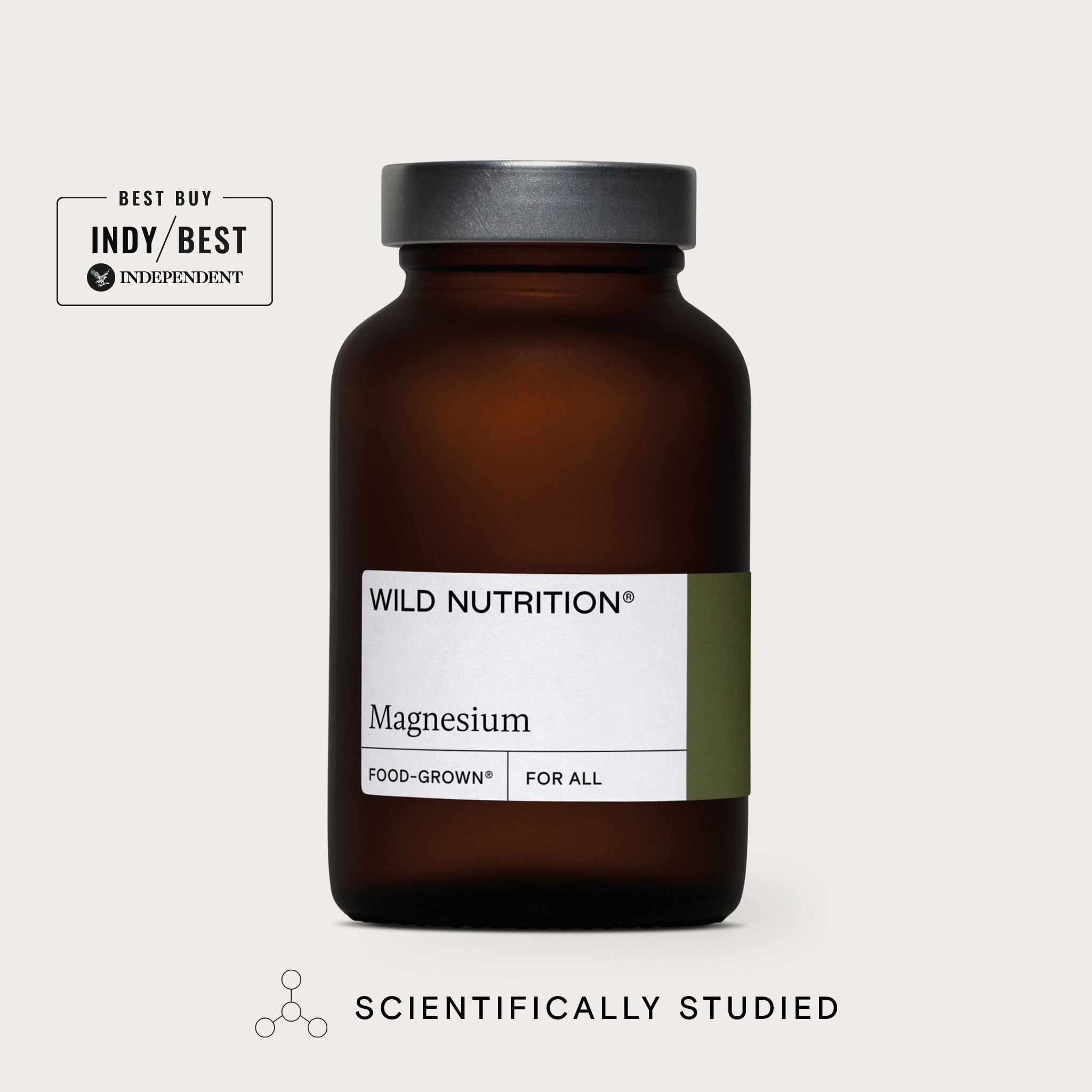
The benefits of including super greens and protein in your diet
BY NICOLE SILVER, Registered Nutritional Therapist at Wild Nutrition
Protein is an essential part of a healthy diet because it forms the building blocks for life, from building muscle and tissue repair, to maintaining bone health and helping to produce hormones. It can also be used by the body as an alternative energy source. So if you ever feel on a roller coaster with your energy levels or experience the classic 4pm slump, it could be due to a lack of protein in your diet.
The building blocks of protein are called amino acids of which there are 20 (alanine, arginine, asparagine, aspartic acid, cysteine, glutamic acid, glutamine, glycine, histidine, isoleucine, leucine, lysine, methionine, phenylalanine, proline, serine, threonine, tryptophan, tyrosine, and valine), all performing different functions in the body. Amino acids are needed for vital processes in the body such as building hormones, neurotransmitters and proteins.
Amino acids are categorised into three groups essential, non-essential and conditionally essential.
- Essential amino acids (phenylalanine, valine, tryptophan, threonine, isoleucine, methionine, histidine, leucine, and lysine) are those that cannot be created by the body itself and must be obtained through diet.
- Non-essential amino acids can be created endogenously within the body.
- Then there are conditional amino acids which mostly can be created by the body but under particularly demanding conditions such as pregnancy and adolescence they cannot be made in high enough amounts to keep up with the need.
Animal proteins contain ‘complete’ proteins which means they contain all 9 essential amino acids. Plant proteins are often incomplete proteins meaning you have to mix and match plant foods to get all 9 amino acids a good example would be rice and beans. When it comes to picking a protein powder, you want to look for one containing as many of these important amino acids as possible especially if you follow a vegan or vegetarian diet or are pregnant or breastfeeding (but make sure it is pregnancy/breastfeeding safe for the later).
For many reasons it can be hard to consume the adequate amount of protein in your diet and the amount of protein we need depends on our body weight. In the UK this is calculated at 0.75g of protein per kilogram of body weight, so, for example, a 70kg woman needs 52.5g of protein per day. So, this is where using a protein powder can be a helpful addition to your routine. Whether you use it in a breakfast smoothie or as a post workout recovery drink, protein powders can be an easy and quick way to include protein at times when you need it most.
As women, our need for protein changes across our lifestages, particularly during our teenage and older years, during pregnancy and in perimenopause and menopause, when our protein needs increase. There can also be other times when your body needs more protein to help repair, for example after exercise or after surgery or illness. During these times of increased need, it may be more optimal to aim for 0.8-1g of protein per kilogram of body weight.
There's a wonderful synergy between protein and antioxidant-rich super greens which, together, create a beautifully balanced nutritional profile. Among the hardest working super greens are our four go-tos:
- Spirulina, a vibrant blue-green algae, is a nutrient-rich superfood known for its remarkable antioxidant content and high protein levels. It supports immune function, detoxification and energy production.
- Chlorella, another green algae powerhouse is renowned for its detoxifying properties, Chlorella helps rid the body of heavy metals and toxins, while also promoting healthy digestion and immune function
- Barley, a humble grain with extraordinary potential, is a rich source of fibre, vitamins, and minerals, including selenium and magnesium.
- And finally, wheatgrass has alkalising properties and powerful antioxidant activity. It helps neutralise free radicals, reduce inflammation, and support detoxification pathways, promoting overall vitality and well-being.













